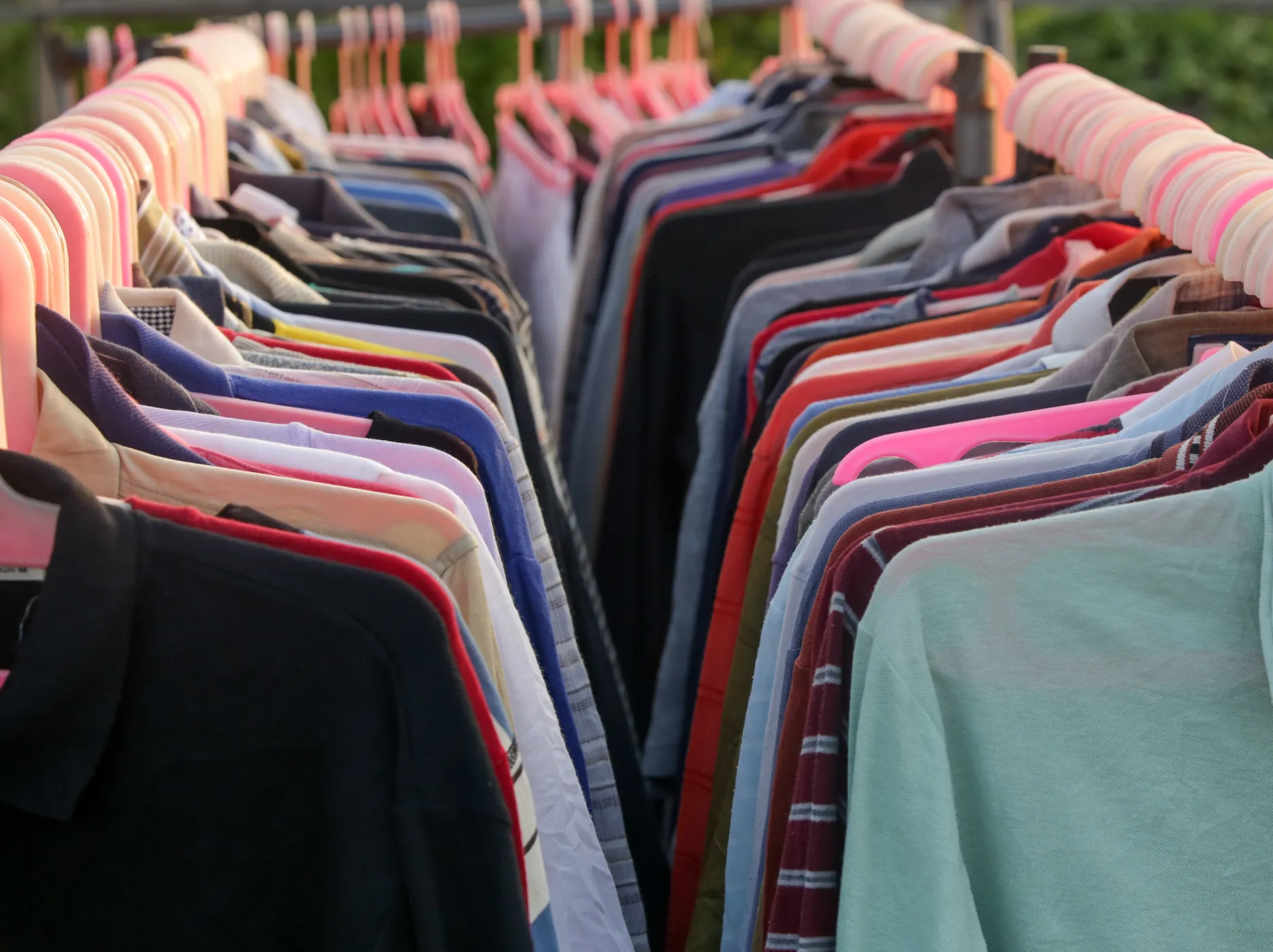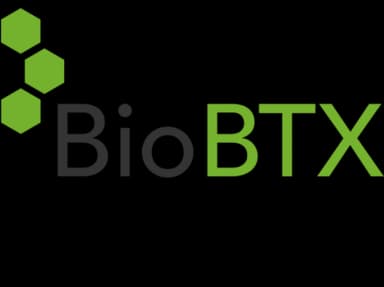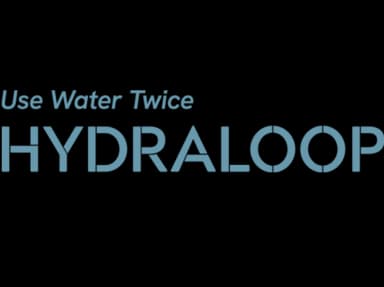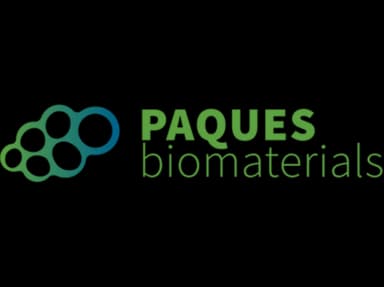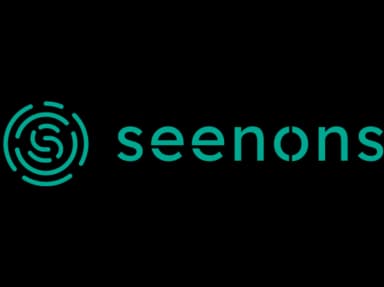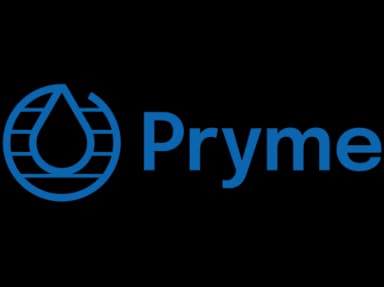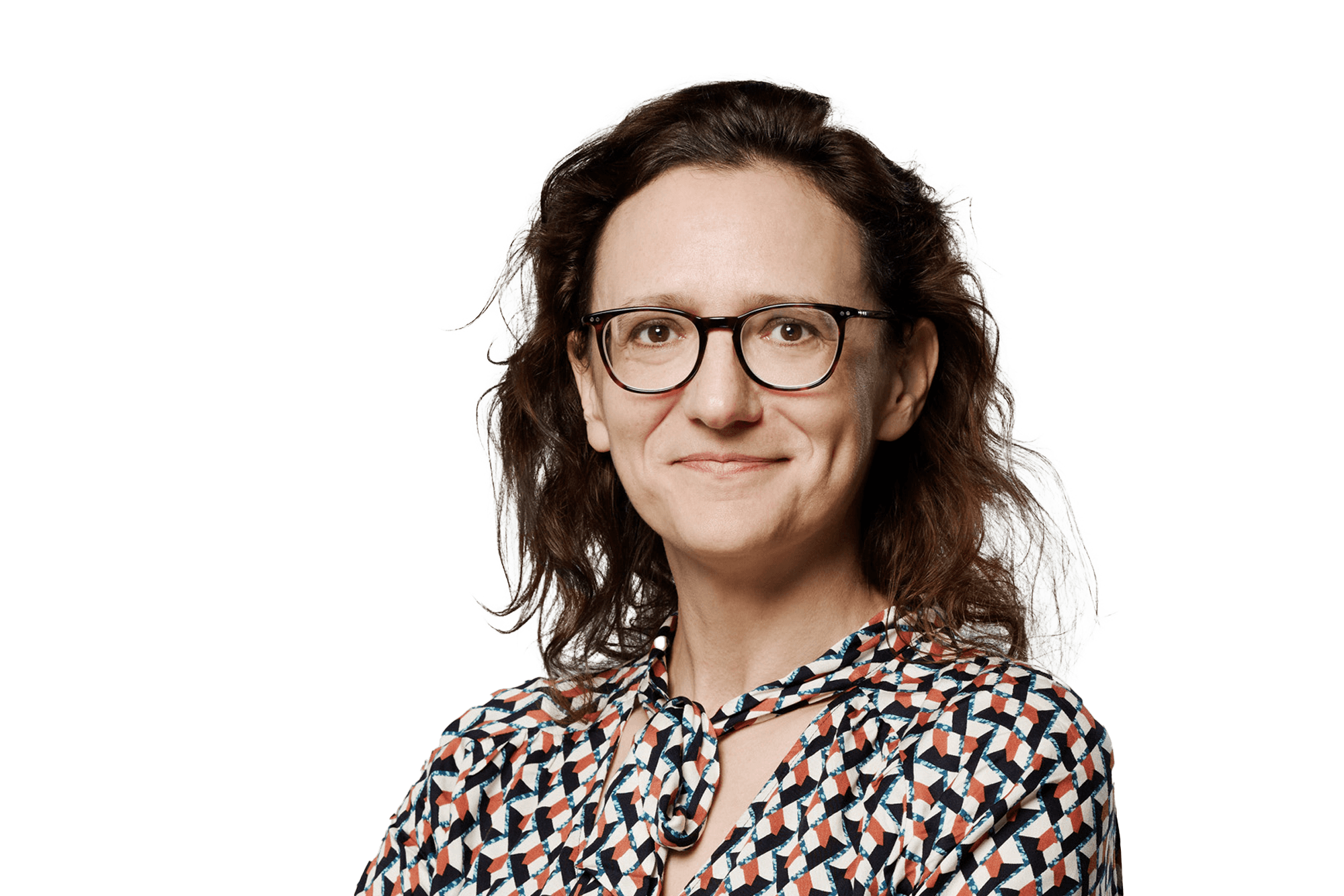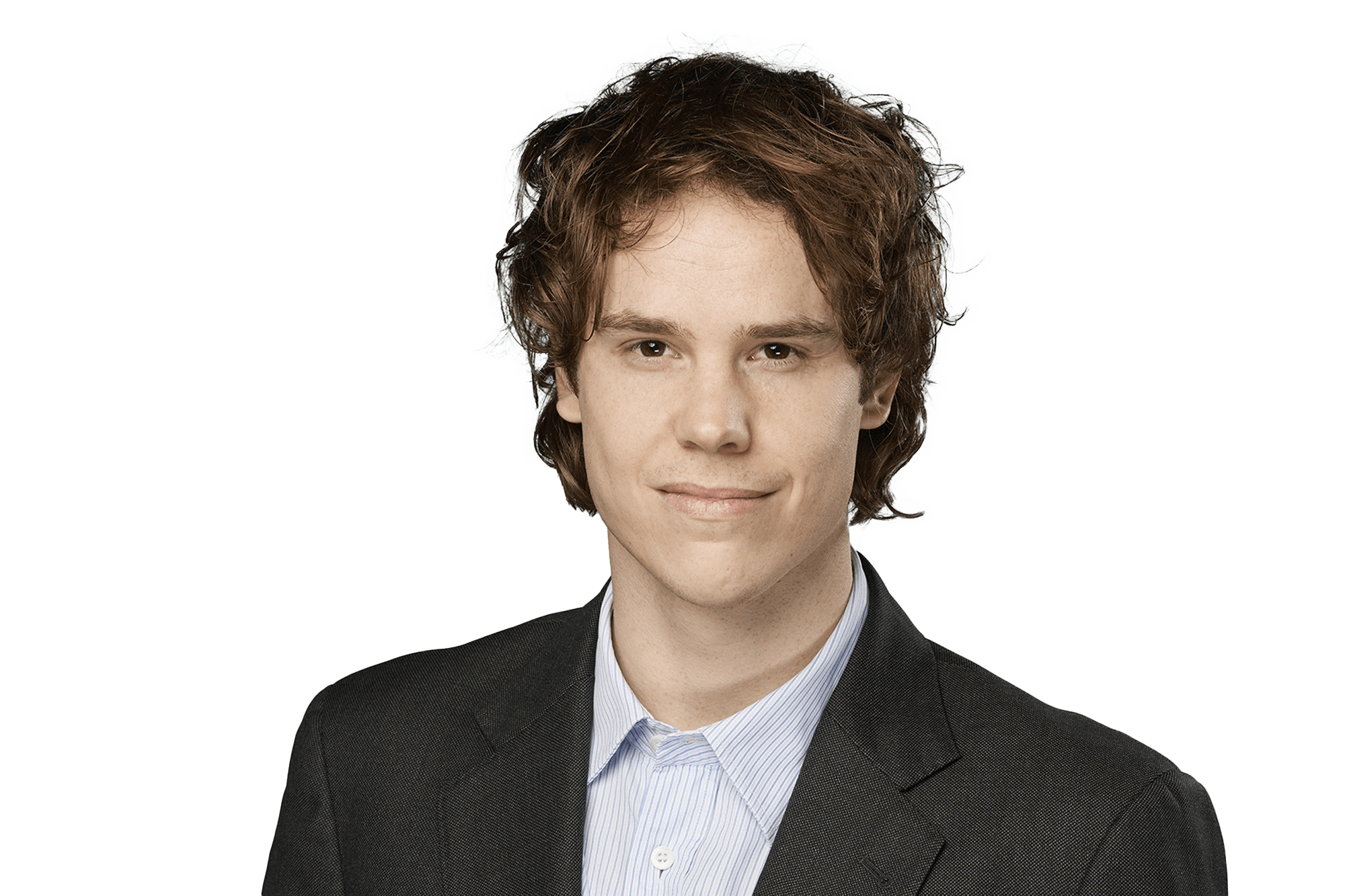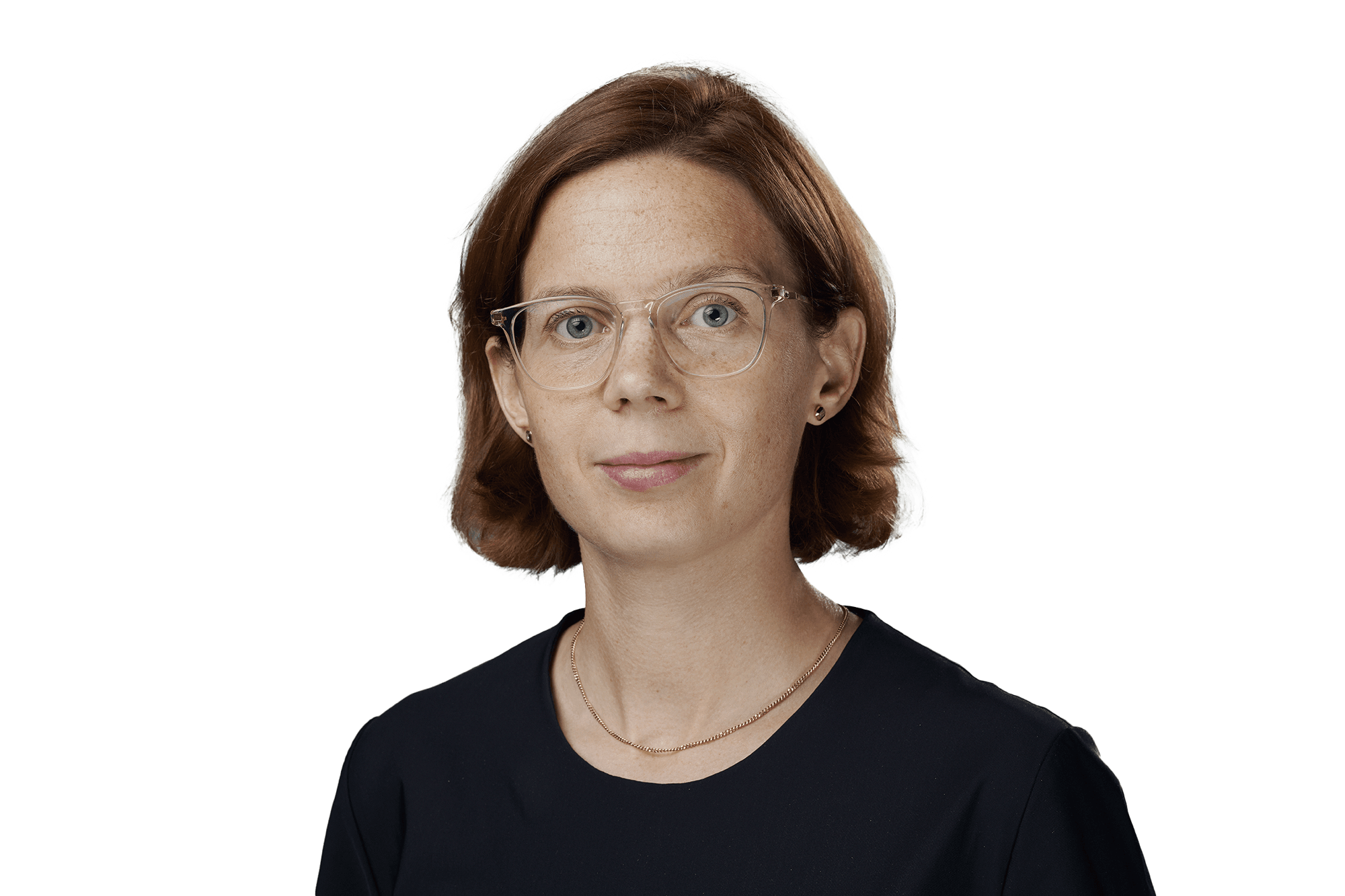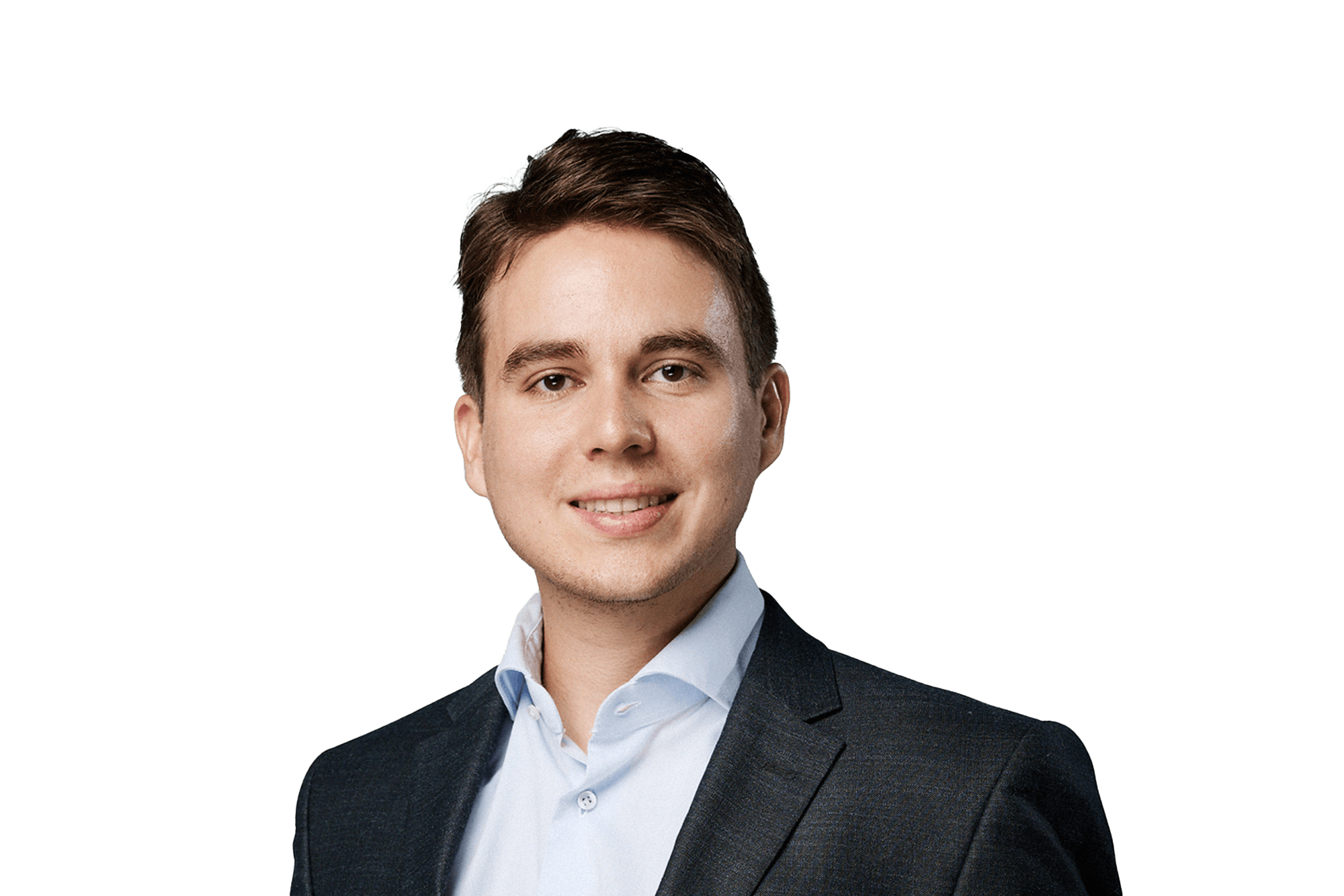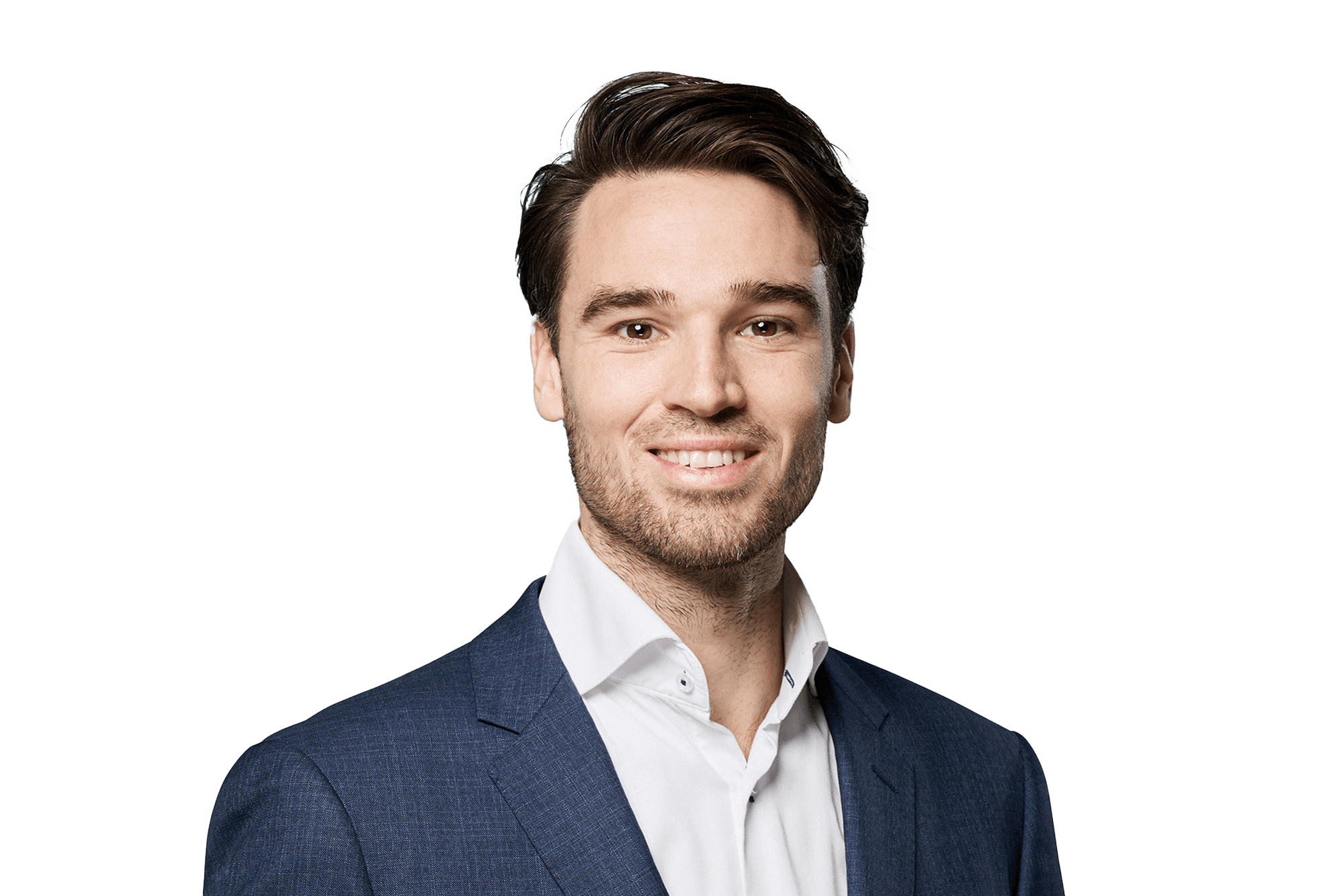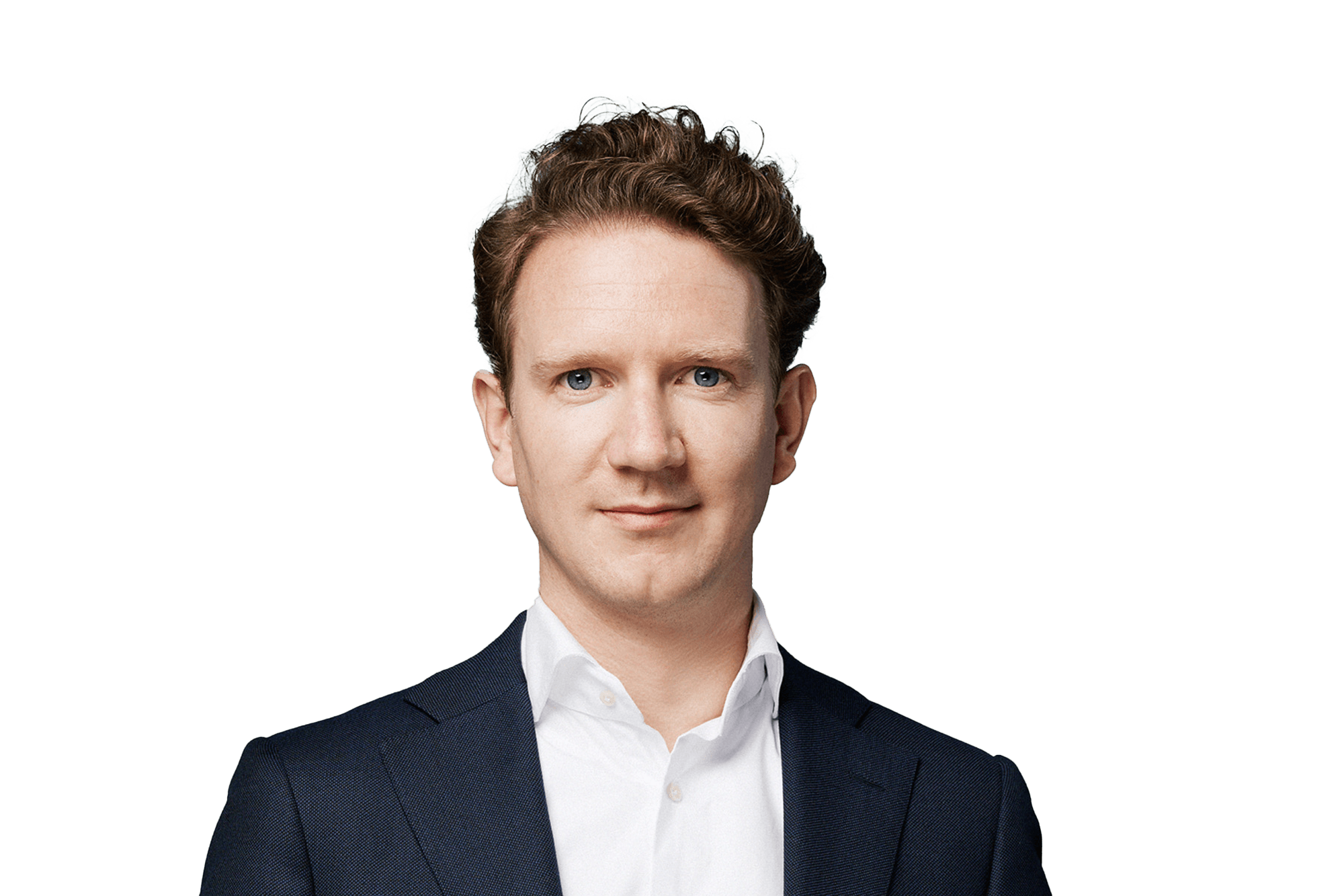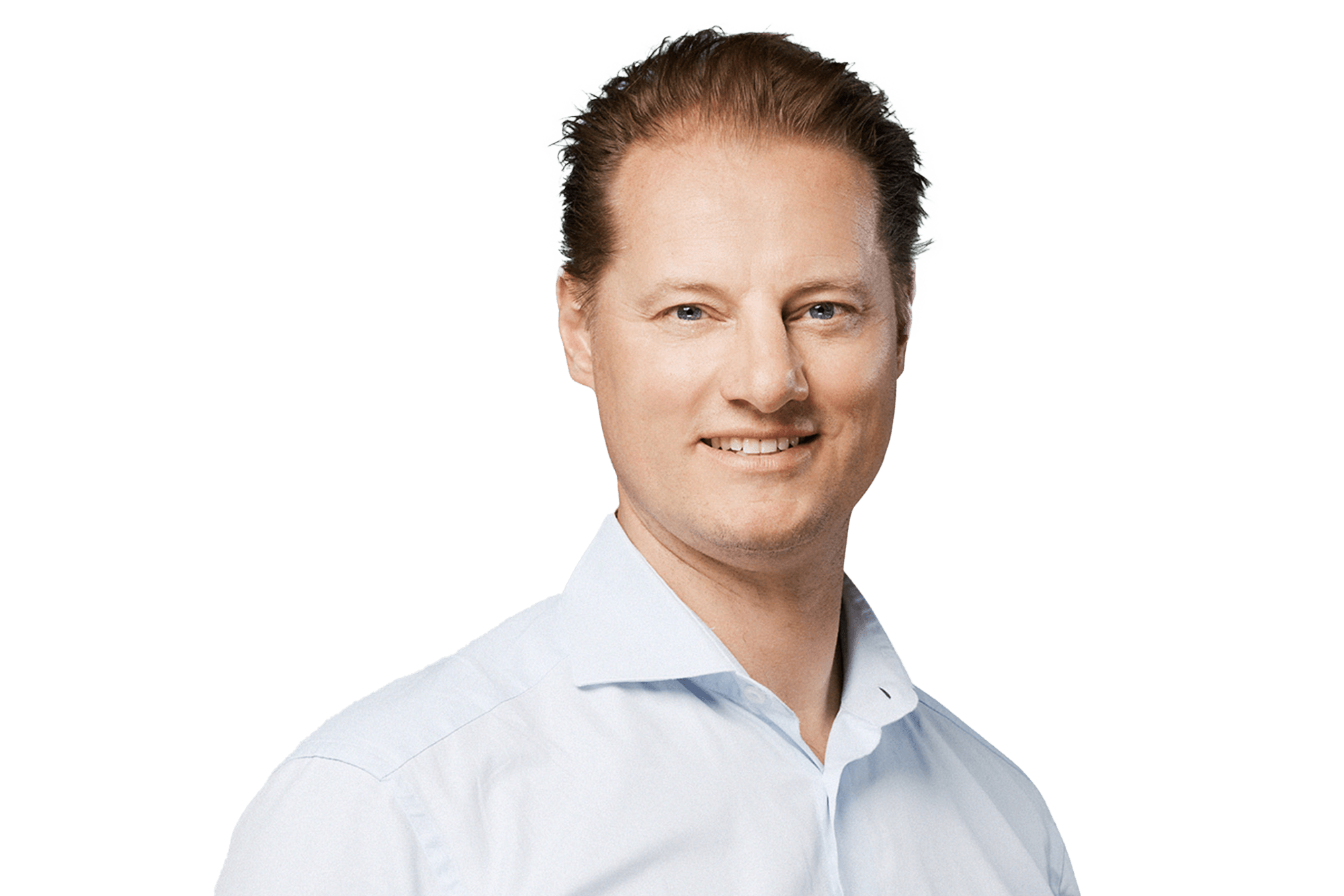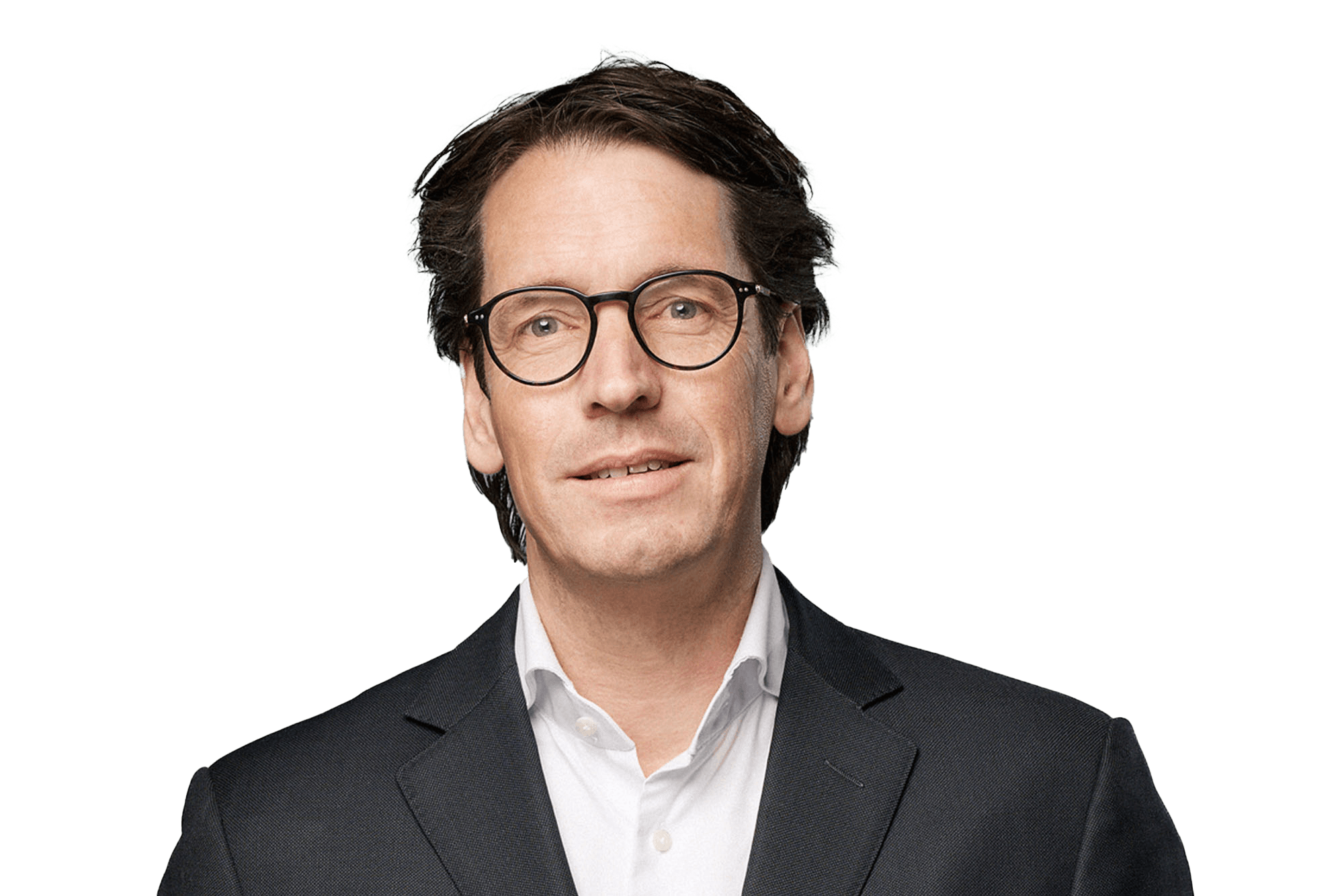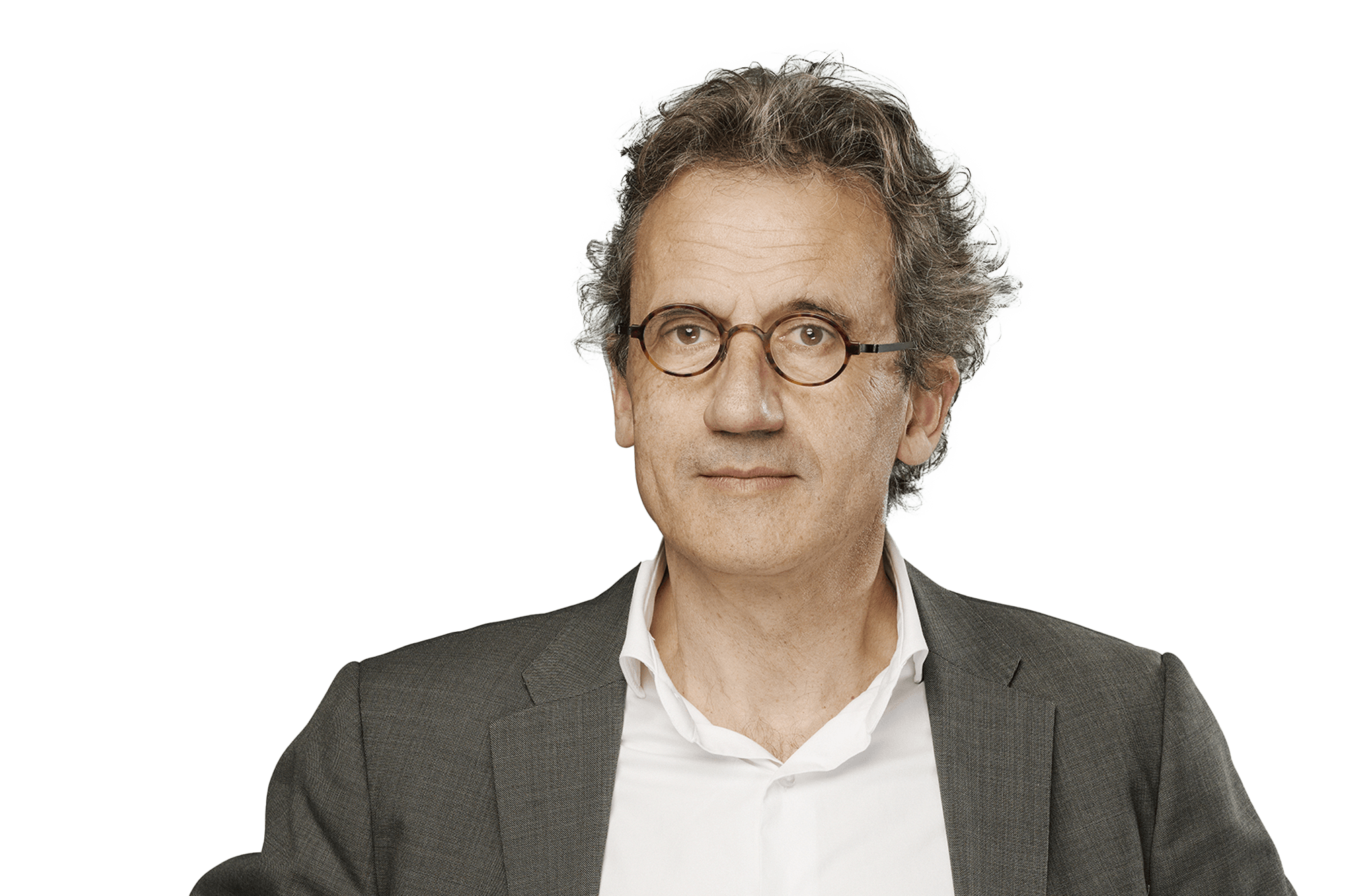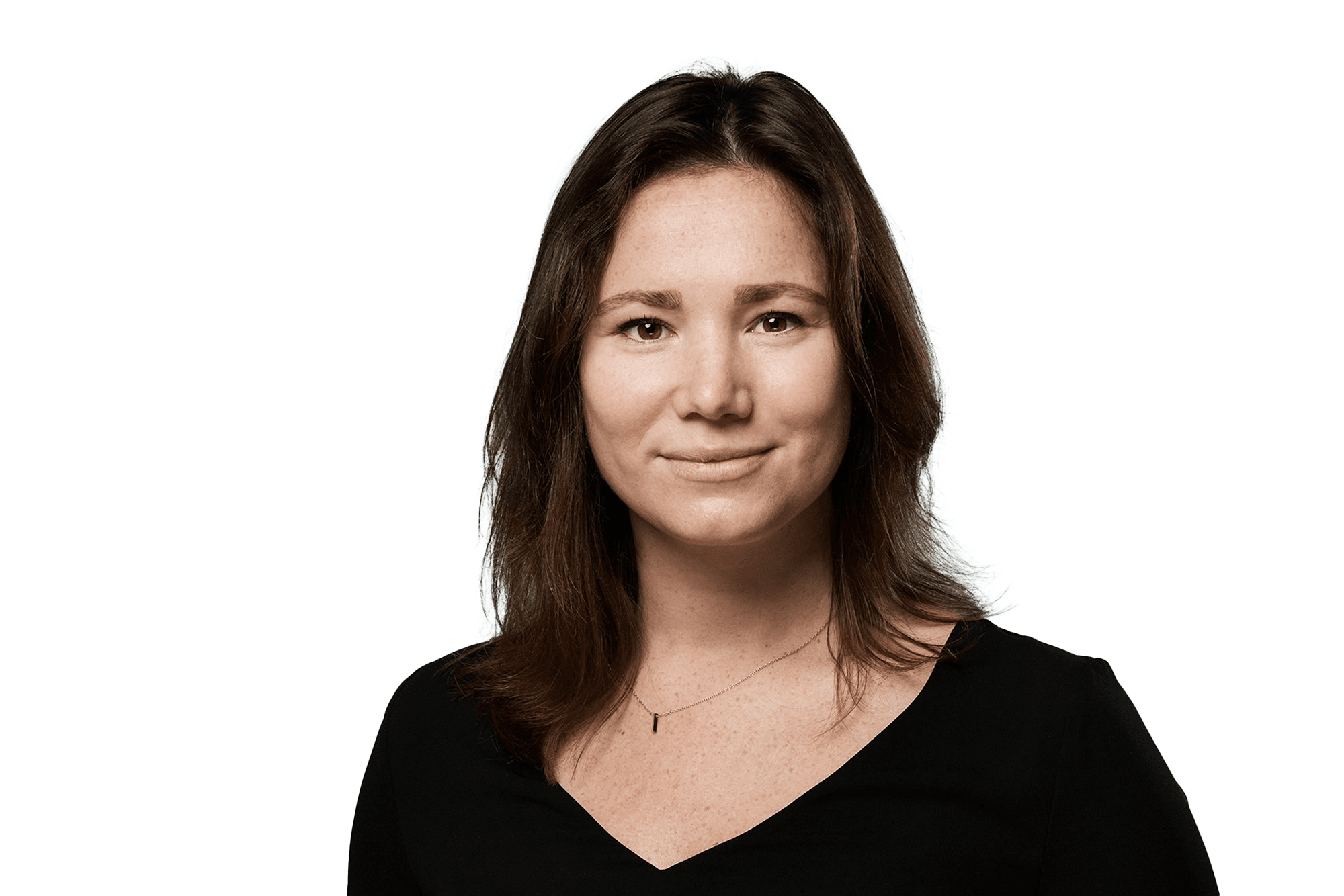
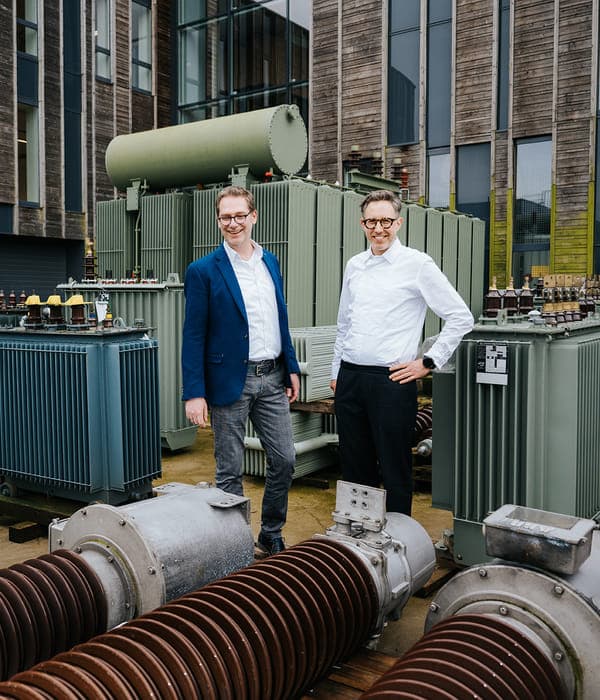
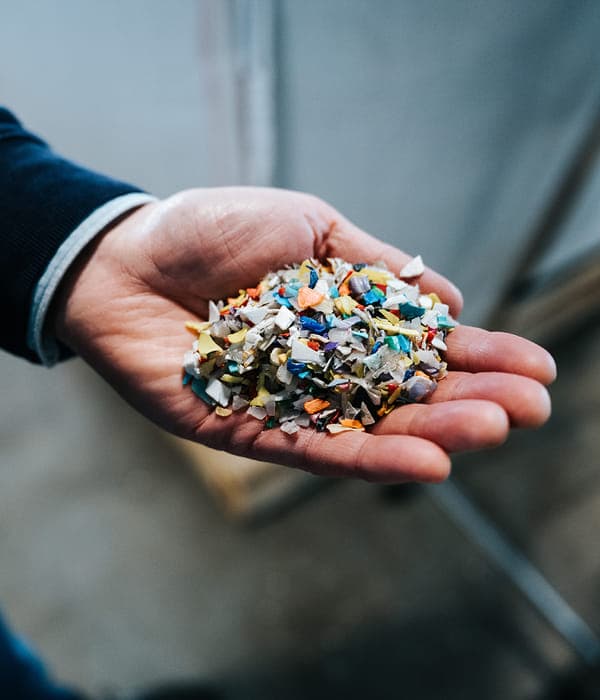
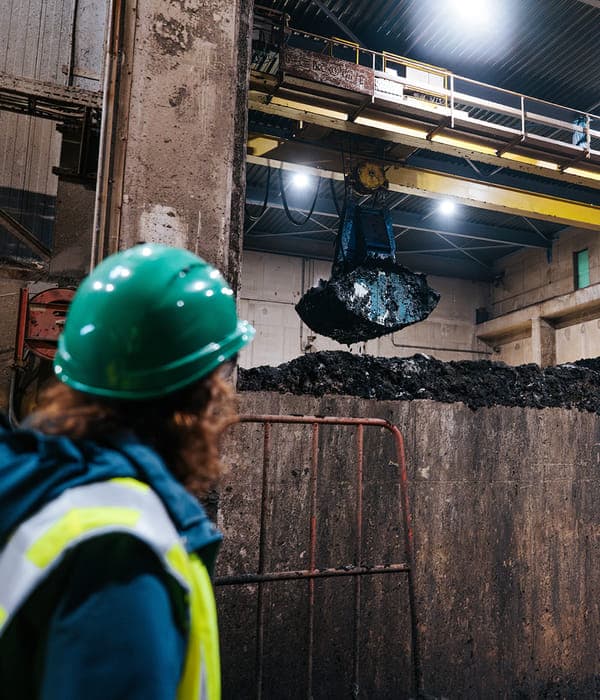
Biobased & Circular economy
For a sustainable future, we need to use our raw materials and natural ecosystems more efficiently. That is why the Netherlands has set itself the target of being 50% circular by 2030, and becoming a fully circular and biobased economy by 2050. An economy with minimal resource consumption, more renewable materials, and innovative supply chains.
We do not want to exhaust the planet. That is why we focus on preventing overconsumption and waste, and restoring natural ecosystems. This requires a different way of thinking and a fairer distribution of resources. We collaborate on changing regulations and developing new financing solutions, and we invest in companies that contribute to a successful circular economy. All for the Netherlands of the future.
Our strategic choices
Our task is significant, so we need to make choices. We support critical sectors such as textiles, electronics, and construction to become circular step by step. We focus on financing circular companies and market development within these sectors, and collaborate on innovative business models, innovation, and scaling up circular materials, such as bio-based alternatives to plastic.
Biobased & Circular economy portfolio
We are proud of the companies we invest in and the funds we participate in. With these entrepreneurs and partners, we create impact.
What do we focus on
We want to transform our economy, which is currently focused on growth and consumption, into a balanced bio-based and circular economy.
Biobased materials and recyclers
The chemical industry is facing a major transition, with renewable raw materials as a starting point. To accelerate this transition, we are investing in companies that replace fossil plastics with bio-based alternatives and strengthen recycling capabilities. And we are exploring ways to help bio-based chemistry startups grow without having to build their own production facilities.
Chain development
A circular economy is only possible if the entire chain works together, from production to use. We focus on making chains circular by investigating and addressing financing bottlenecks. The insights from our analyses help to better tailor future financing instruments and market development strategies to sector-specific challenges.
Circular business models
We invest in promising companies with innovative, circular business models. With patient capital and expertise, we support entrepreneurs to realize and scale their circular plans
Our experts in Biobased & Circular Economy
To all colleaguesOur publications
We not only provide capital but also knowledge. With our legal, financial and technical expertise, we resolve bottlenecks and provide key sectors with prospects. We are happy to share our insights!
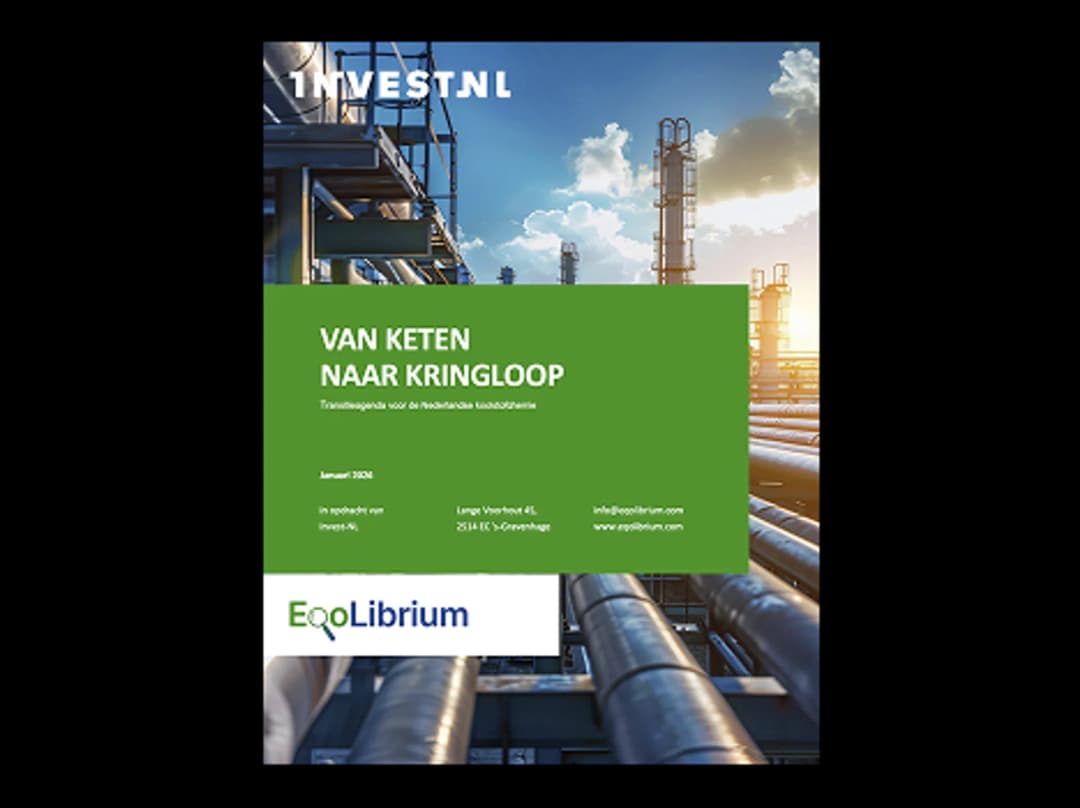
Biobased & Circular economy
—17 februari 2026
From chain to cycle
Read more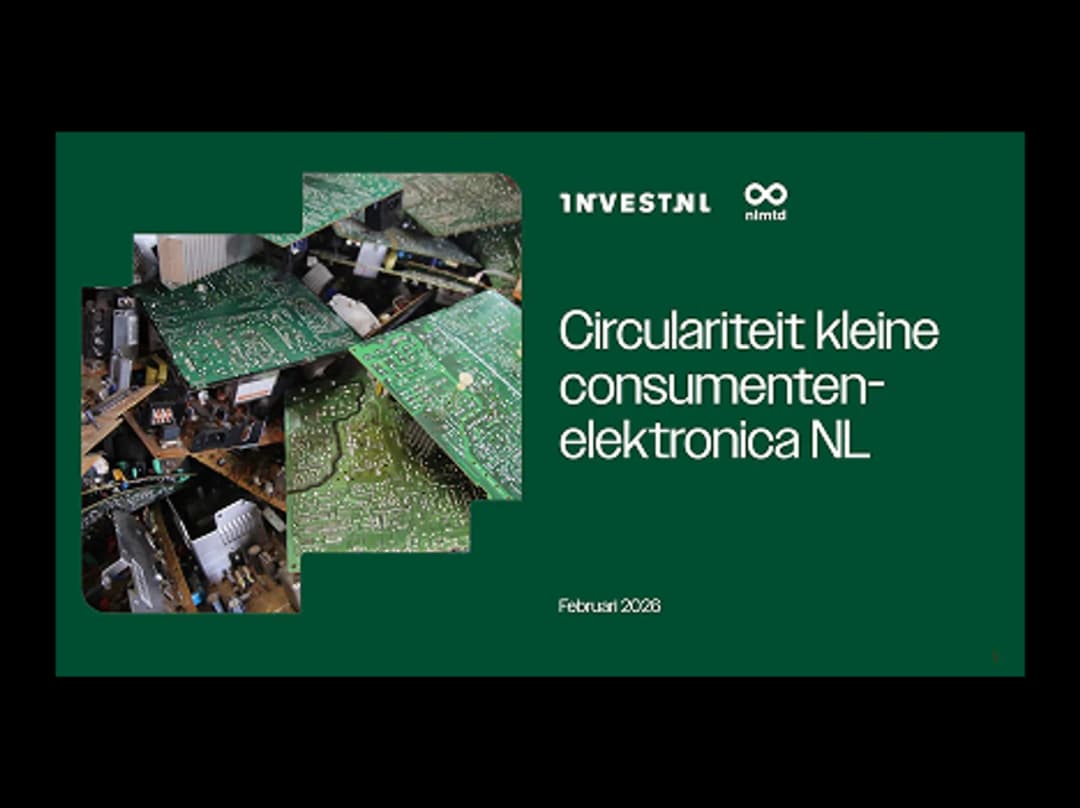
Biobased & Circular economy
—9 februari 2026
Circularity of small consumer electronics in the Netherlands
Read more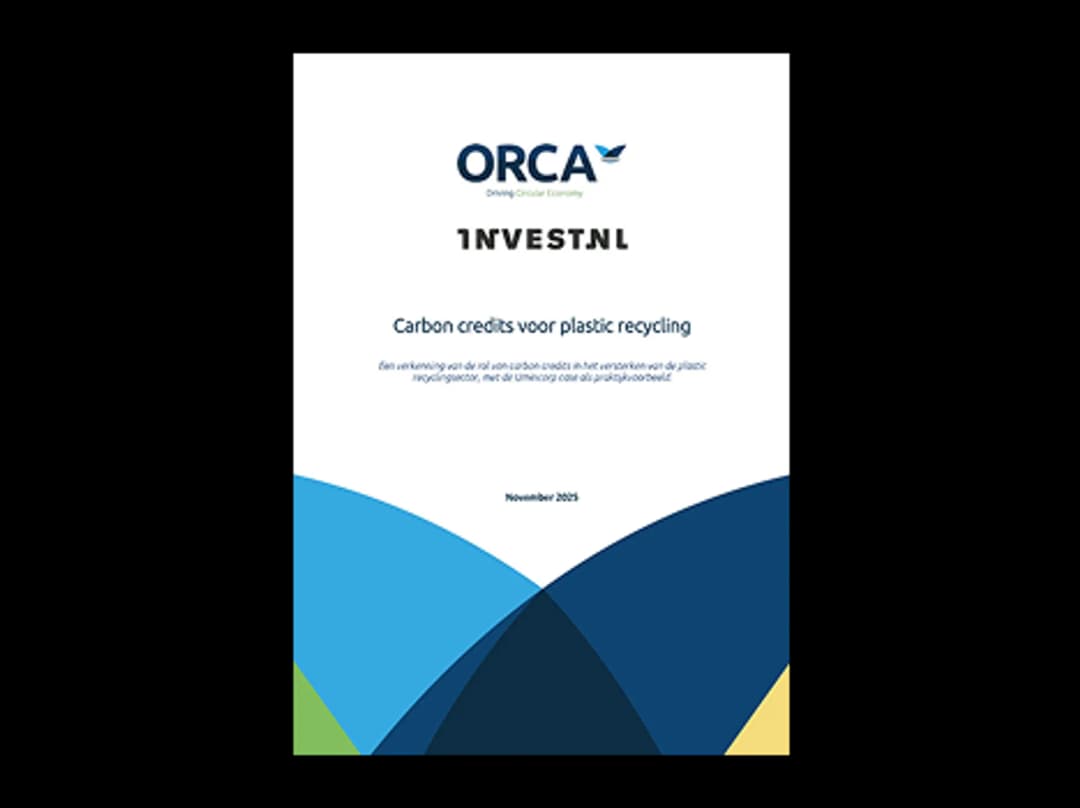
Biobased & Circular economy
—20 november 2025
Carbon credits for plastic recycling
Read more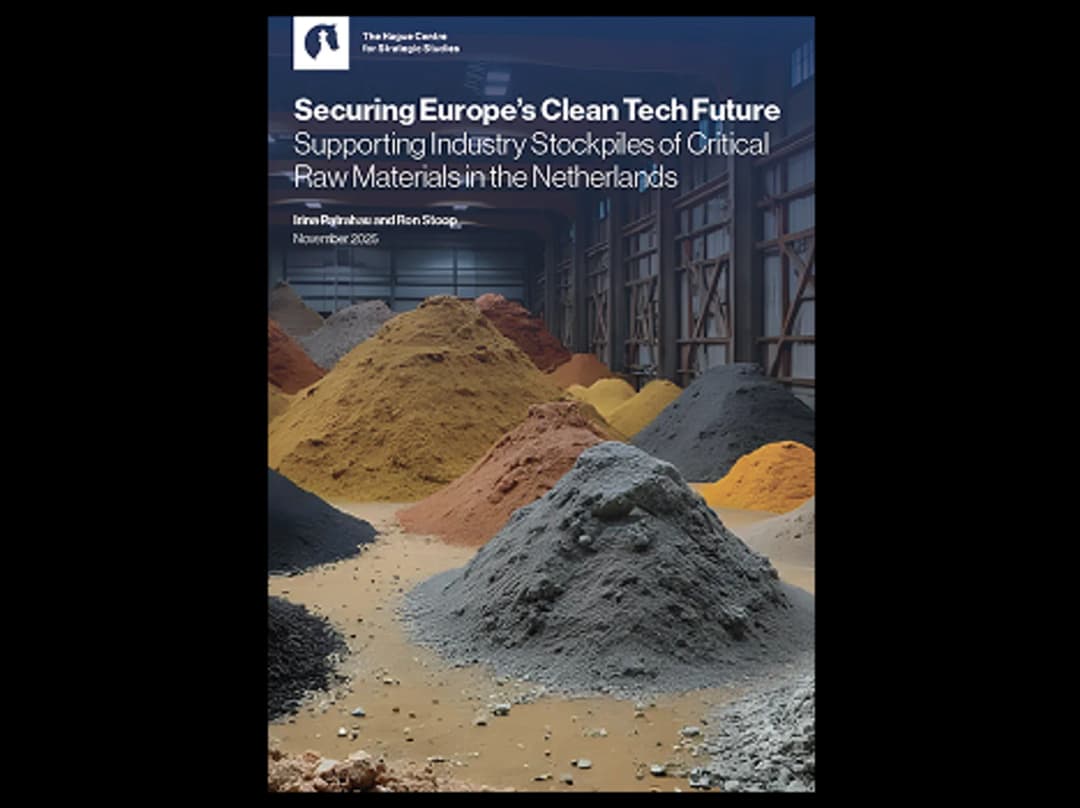
Biobased & Circular economy
—10 november 2025
Securing Europe’s Clean Tech Future
Read moreWith a few brief, targeted questions, we assess whether your project or business qualifies for funding.
Questions about this topic? Elisabeth is happy to help!
Elisabeth Storm de Grave
investment principal
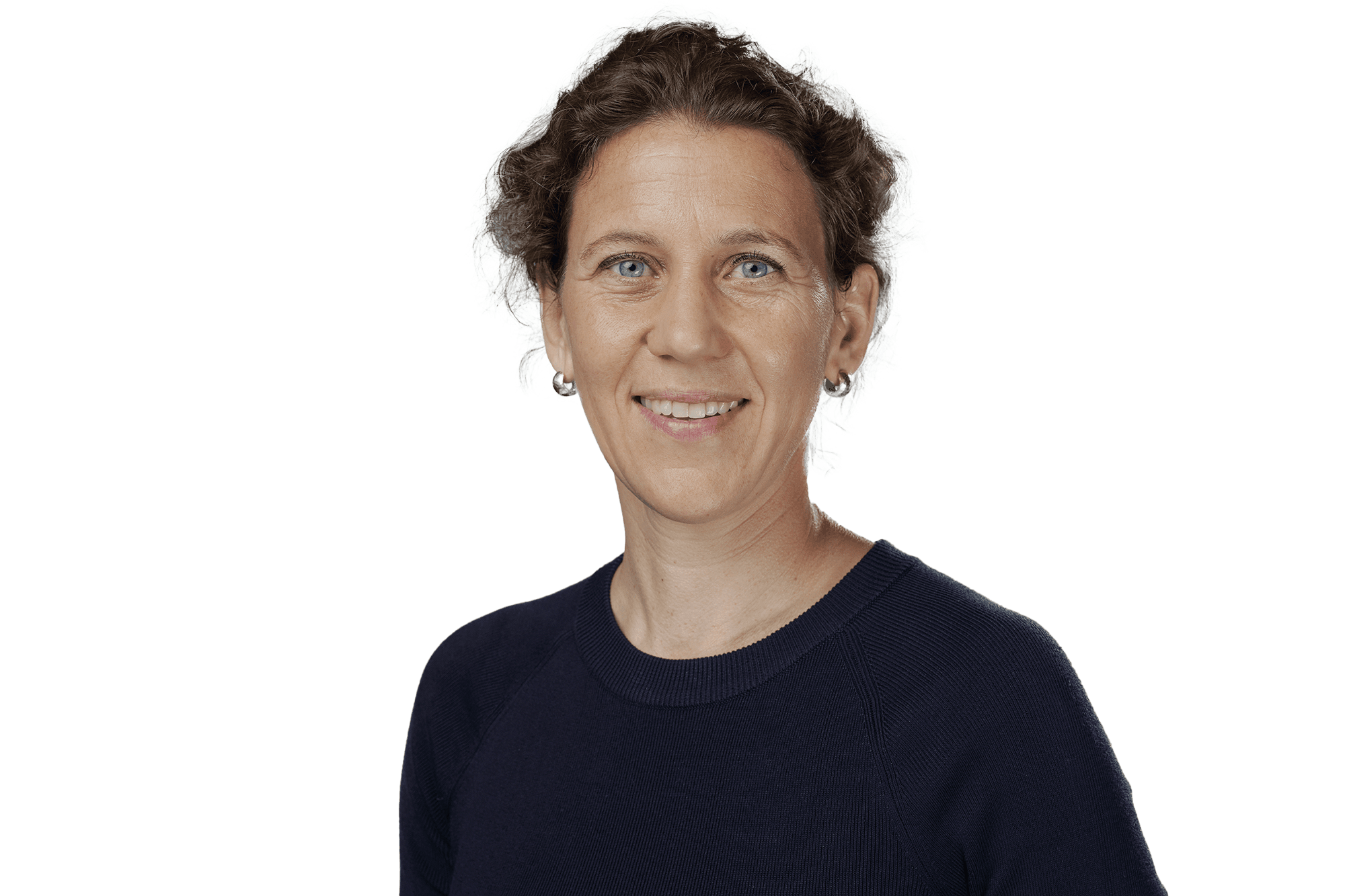
View all our themes
We want to make an impact. We do this within a number of strategic themes: Agrifood, Biobased & Circular Economy, Deep Tech, Energy and Life Sciences & Health. See how we are making progress together within these themes.
The Netherlands is striving for a sustainable and climate-neutral food system. This requires a shift towards the production and consumption of mainly plant-based proteins, and a transition to regenerative agriculture. We invest in companies and stimulate sectors related to plant-based proteins, soil quality restoration, biodiversity, and regenerative farming.
Our National Technology Strategy highlights ten technologies that are vital for our economic growth, national security, and solving societal challenges. To succeed in this, significant investments are needed to support deep tech companies through the notorious ‘valley of death’. That is the role of our Deep Tech Fund.
To limit climate change, a significant shift from fossil fuels to sustainable technologies and energy sources is necessary. We aim for a fully CO₂-neutral and circular energy system by 2050. We are working to scale up alternatives to fossil fuels, strengthen the economic structure through innovation, and promote energy savings.
The level of care in the Netherlands is high, but costs are rising and healthcare is not equally accessible to everyone. We focus on innovative companies and initiatives that prevent, replace, and relocate expensive care. We develop models that make preventive care financable and invest in tomorrow's diagnostics and medical technology.
